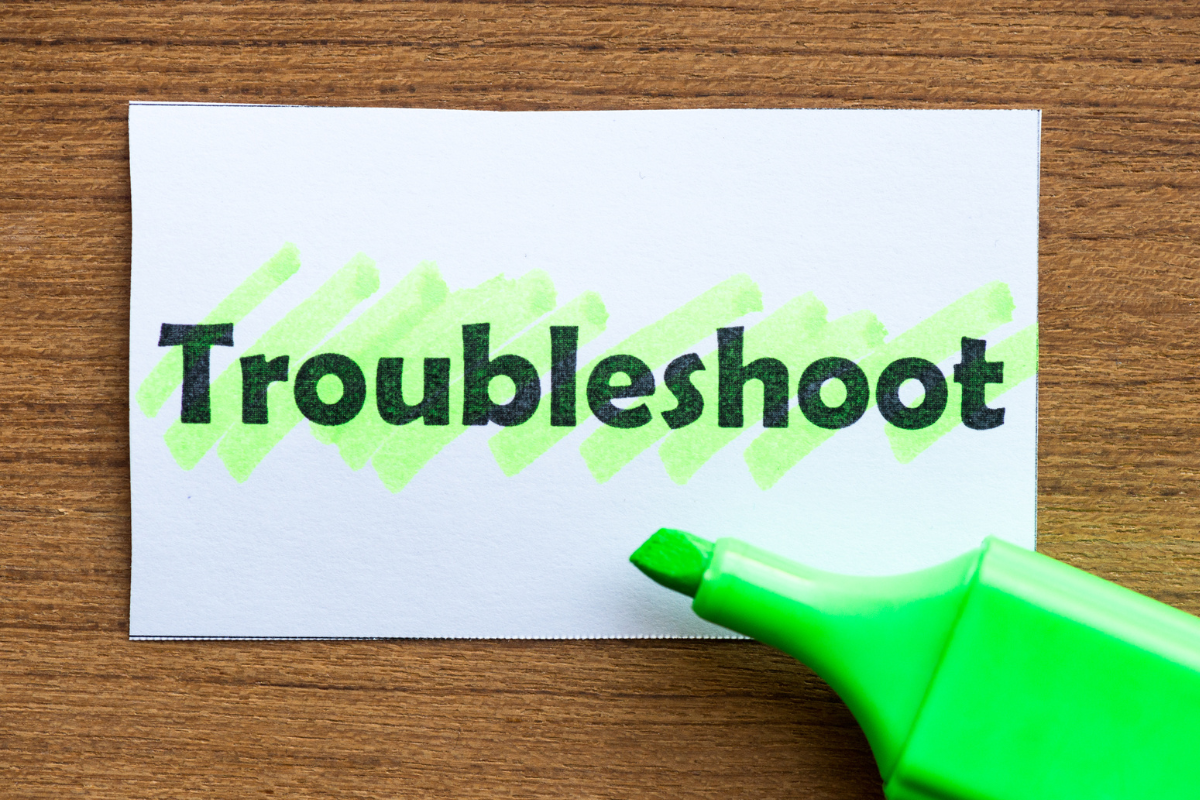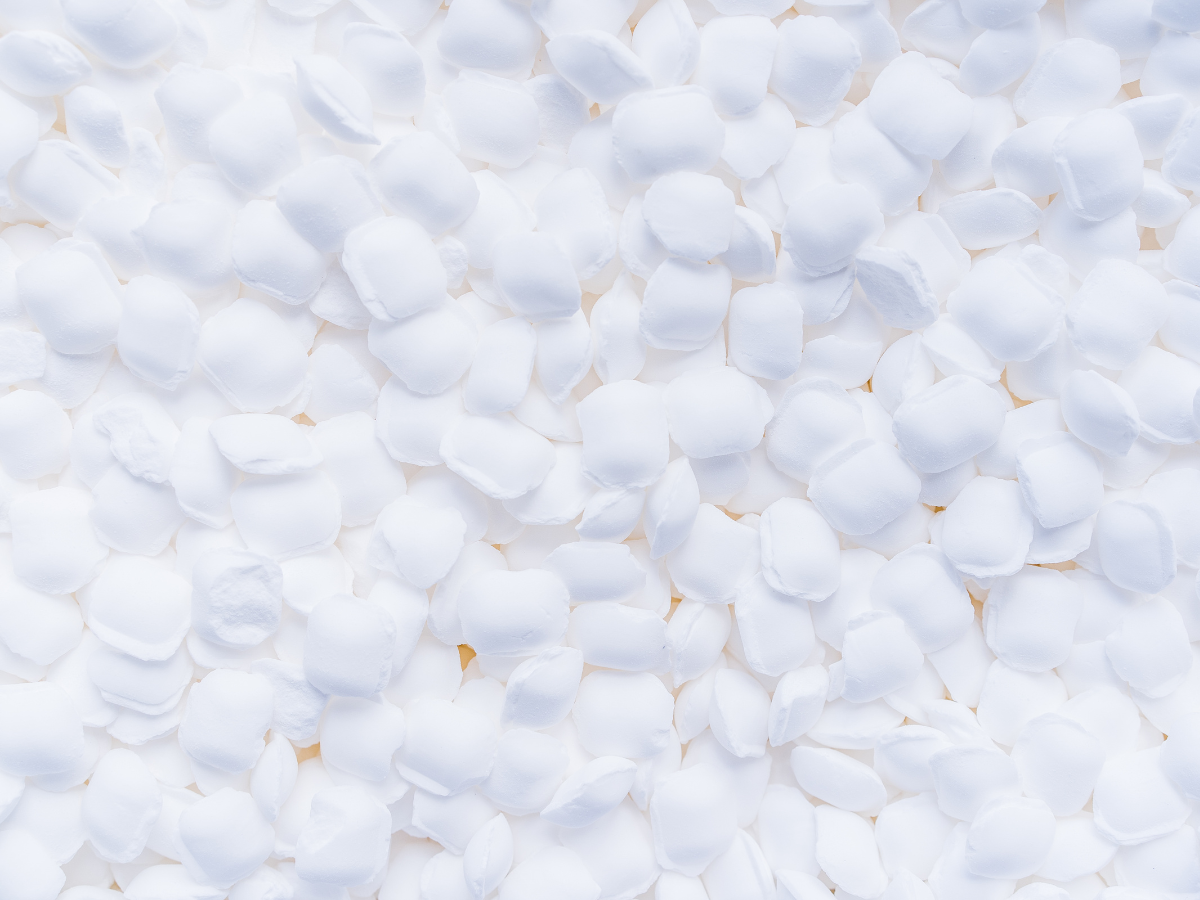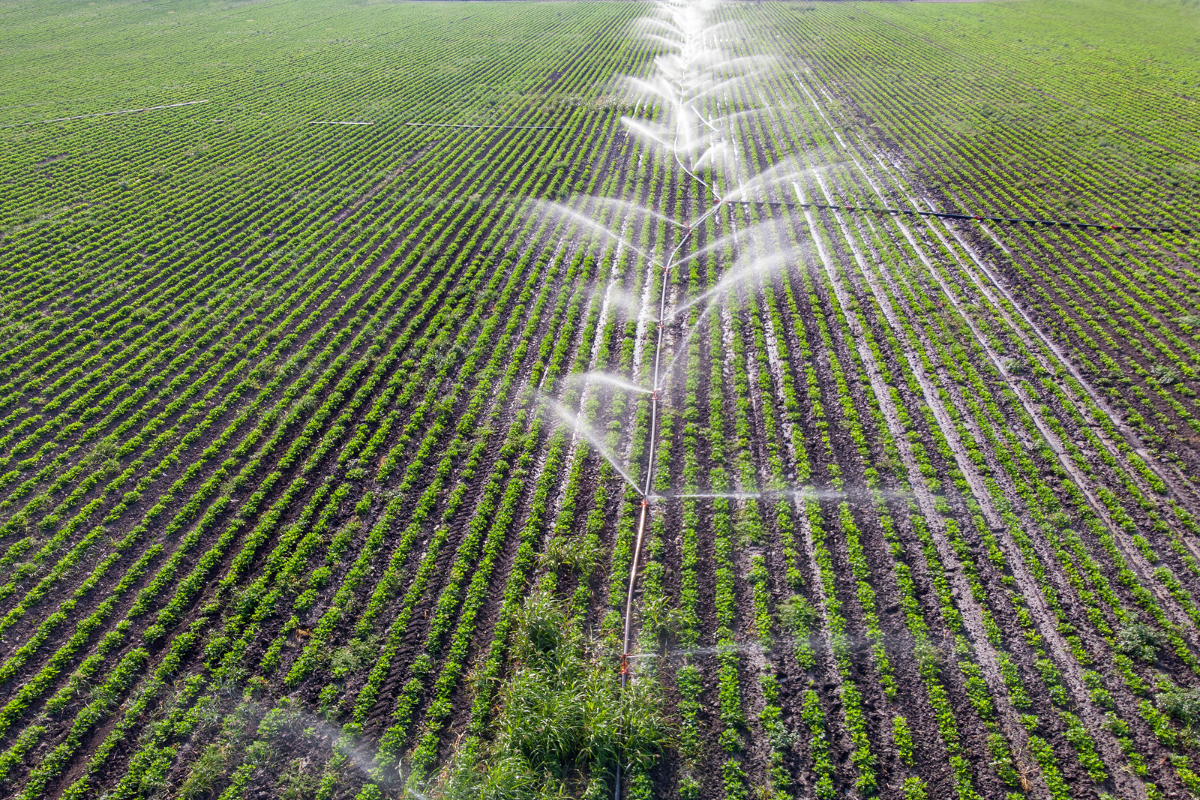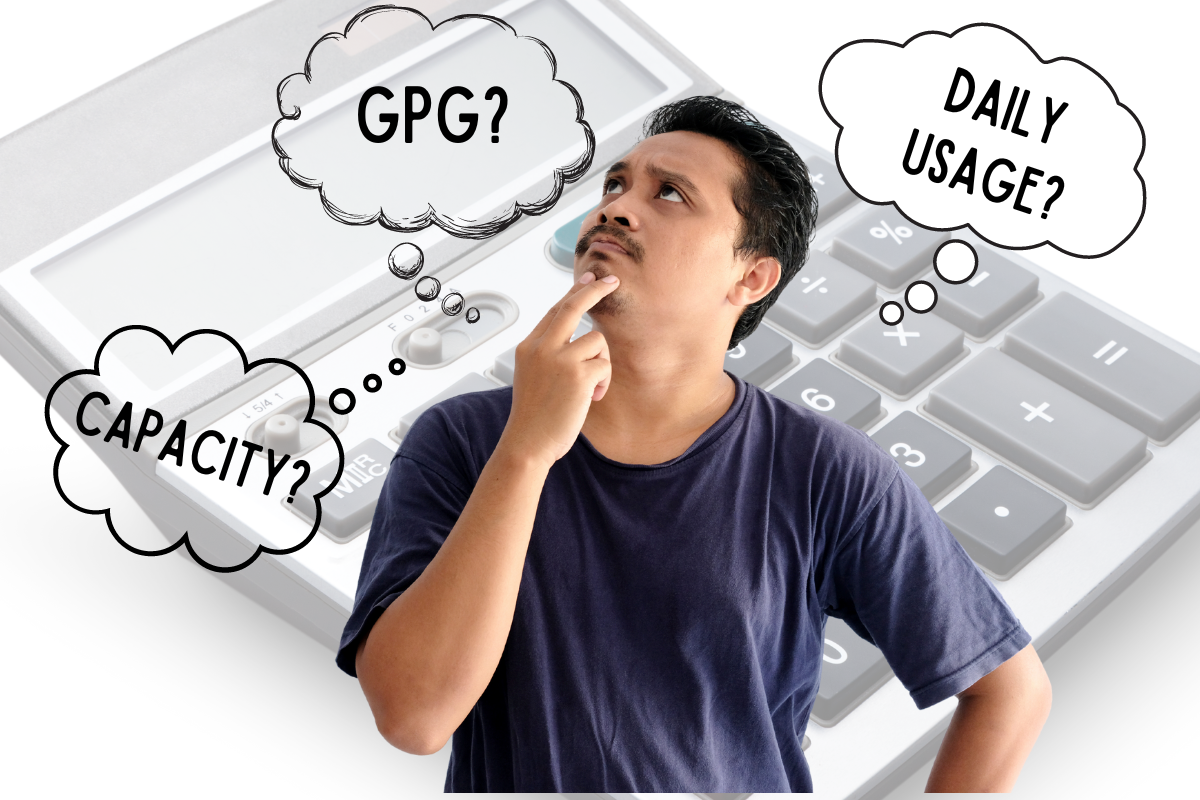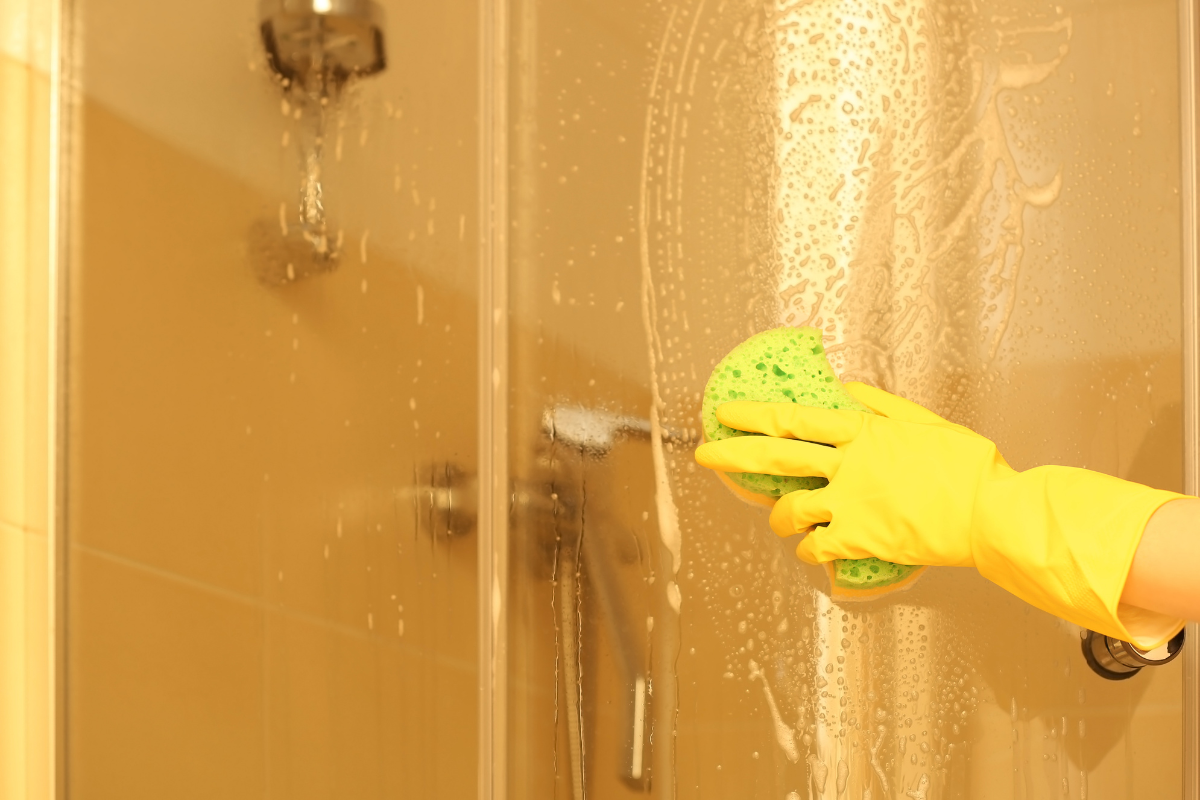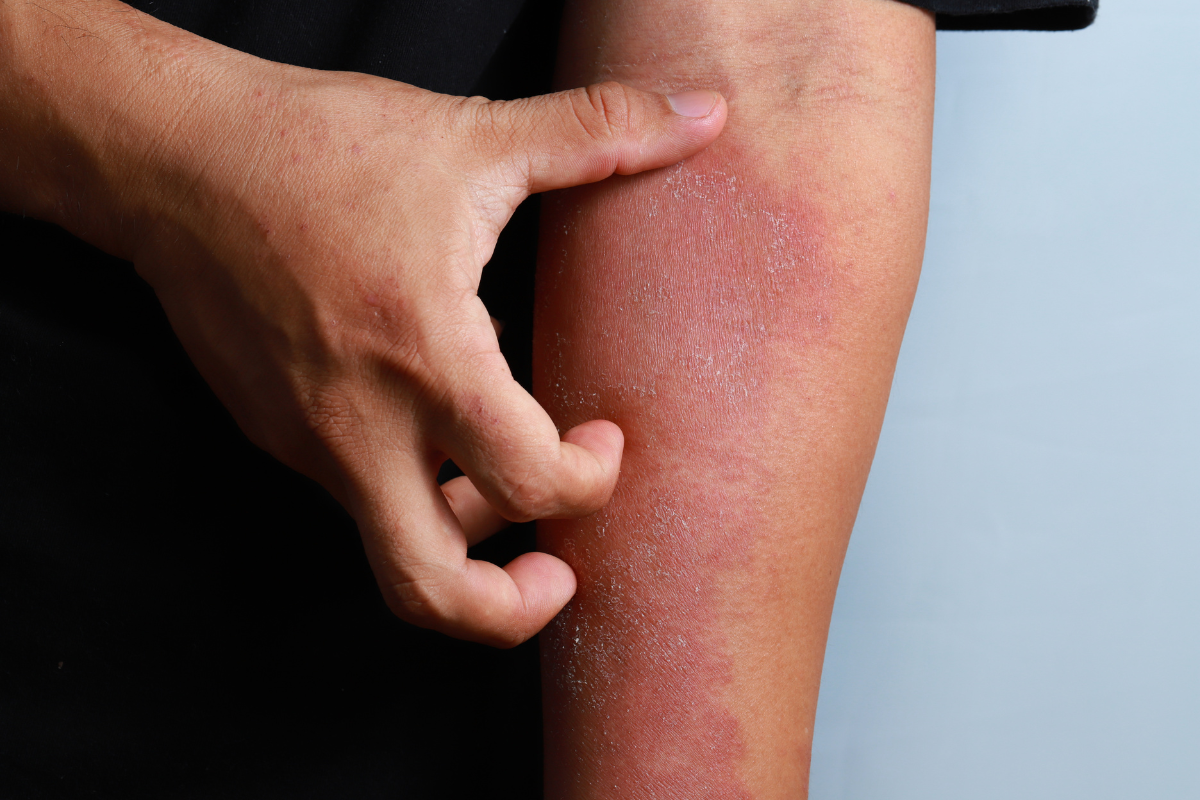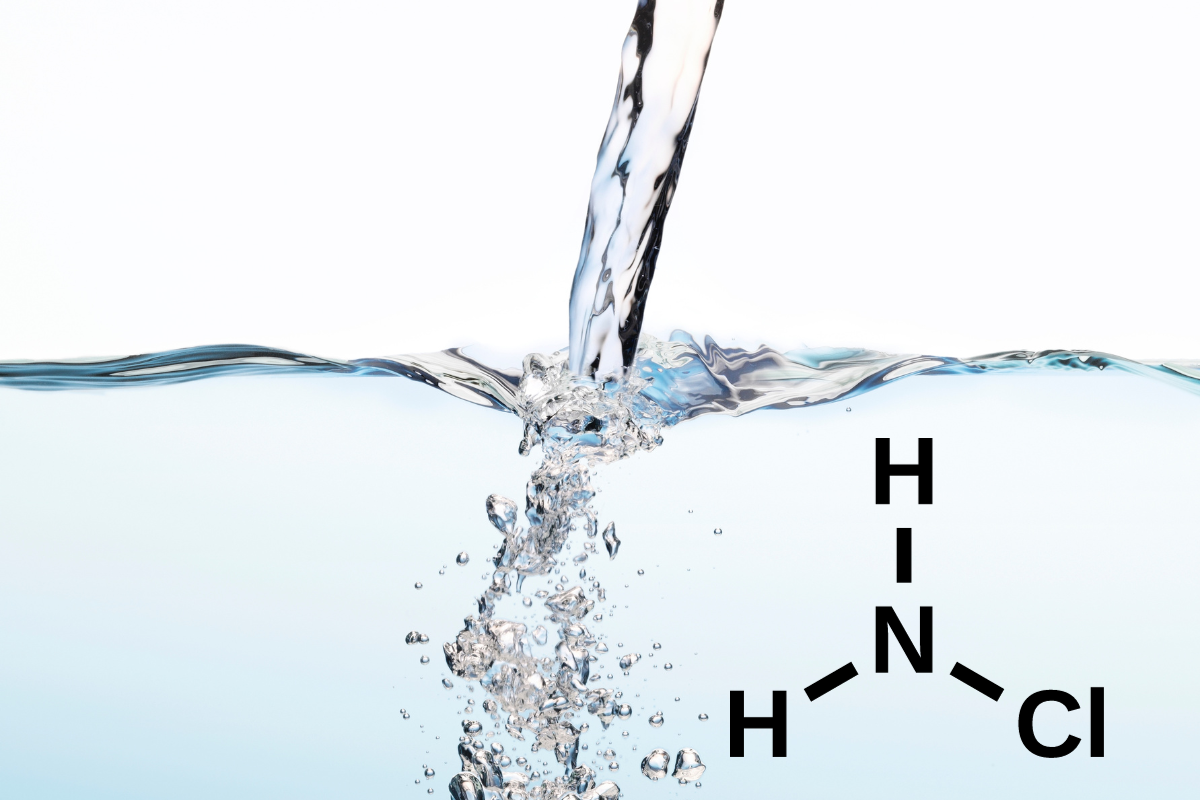The Impact of Hard Water on Home Appliances
The Impact of Hard Water on Home Appliances
Water is an essential resource in every home, but not all water is created equal. Hard water, which contains high levels of minerals like calcium and magnesium, can build up in pipes and valves over time. Among other issues, this build up can reduce the efficiency of water-using appliances, such as dishwashers, refrigerators, washing machines, and water heaters. One solution is to remove the hard minerals with a water softening system. But is a whole home water softener worth the initial expense? Does hard water really cause that much damage? Let’s take a closer look and find out.
The Problem with Hard Water
Hard water is not dangerous to drink, and many people even prefer the taste of it. The problem is that the minerals in hard water can build up over time, causing irreversible and costly damage to appliances. This build-up is not always visible on appliances, but remember: all that limescale that you see crusted around your faucets and showerheads is also accumulating in and around your appliances’ working parts. The most commonly affected large appliances include:
Water Heaters
Water heaters are particularly vulnerable to the impact of hard water. The heat speeds up the process of mineral deposition, which can quickly cause problems inside the tank. For example, limescale deposits can coat the heating elements and insulate them from the water, making it more difficult for the heater to reach the desired temperature. This leads to increased energy consumption and reduced efficiency, ultimately shortening the lifespan of the water heater. Limescale can also form an insulating layer along the walls of the tank, which can cause the water heater to overheat and a potentially dangerous spike in pressure.
Even tankless water heaters are not immune to the effects of hard water. They still utilize small inlets and outlets that move water through a heat exchanger every time someone turns on the faucet. These outlets can very quickly become clogged with limescale and sediment, which can mean cold showers for everyone and a pointless utility bill.
Water heaters are the second most expensive part of your monthly utilities (heating the home is first). In fact, they can account for up to 18% of the American homeowner’s utility bill. Hard water can significantly increase this amount and reduce the lifespan of your heater by years. In extreme cases, it could be reduced by half!
Don’t spend even more on a water heater that can’t do its job because of limescale. If you notice an increase in your utility bill or that your water is either too hot or not hot enough, it’s time to install a water softener.
Dishwashers
Dishwashers are also highly susceptible to the effects of hard water. Limescale accumulation on heating elements can diminish their ability to heat water effectively, leading to longer washing cycles and higher energy consumption. Moreover, clogged spray arms and filters can lead to uneven cleaning, spots on dishes, and damage to the dishwasher's internal components.
Hard water also reduces the lifespan of your dishwasher and forces homeowners to use more detergent in order to achieve clear and clean dishes. Detergent is not only an added expense, it negatively impacts the environment. Soft water has been shown to be six times more effective at cleaning dishes than the addition of more detergent.
Washing Machine
Hard minerals can also accumulate on your washing machine’s heating element. If they grow large enough, the mineral deposits can actually completely erode the heating element, which is a potential fire hazard.
In addition to harmful limescale build up, hard water also reduces the ability of soap and detergent to lather. This can create a layer of soap scum that is not only unsightly, it may also be damaging. For example, soap scum can build up in a washing machine’s gaskets and funnel, preventing them from spinning properly. This makes your machine work harder than necessary and can damage a full load of clothes.
Soft water is able to wash your clothes at a lower temperature and with significantly less detergent than hard water. It also eliminates the hazards of limescale build-up. Add in the fact that hard water can reduce the lifespan of a washing machine by 30 percent, and a water softener starts to make even more sense.
Refrigerators
Hard water can negatively impact the ice maker and water dispenser of your refrigerator. Limescale buildup inside the ice maker can hinder its performance, resulting in irregular ice production or even causing it to stop working altogether. Additionally, the water dispenser may become clogged, leading to reduced water flow and potential leaks.
Toilets
While toilets are not, technically, an appliance, they are one of the fixtures most affected by hard water. The issue is not just cosmetic (although those unsightly rings are certainly unpleasant). Limescale can clog the water jets around the rim of the toilet, causing weak flushes. This increases water usage and can significantly reduce the lifespan of your toilet tank components.
